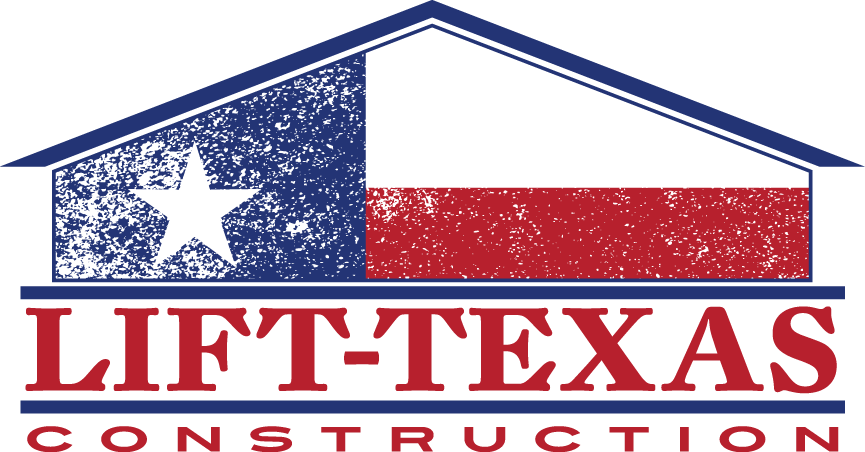Keeping a home in good condition goes beyond what you can see on the surface. One of the most critical parts of any house is its foundation. Although often overlooked, regular foundation inspections are essential to ensuring the safety and durability of your home. A strong foundation supports the entire structure, and any issues can lead to serious problems that affect the rest of the house.
When we neglect regular inspections, small issues can go unnoticed and turn into bigger, more costly repairs. Regular inspections help us catch problems early, saving time and money in the long run. It is much easier to fix a small crack or level a minor settlement before they become major issues. This proactive approach is vital for preserving the integrity of the home’s foundation and, by extension, the home itself.
Without consistent checks, the foundation can develop issues that compromise the stability and safety of the structure. By conducting regular foundation inspections, we ensure that our homes remain safe places to live. This vigilance helps protect not only the physical structure but also the well-being of everyone living inside. Through this article, we’ll explore why these inspections are crucial and how they help maintain a strong, stable home.
Why Regular Foundation Inspections Are Crucial
Keeping your home safe and secure starts with a strong foundation, much like how a tree needs sturdy roots. Regular foundation inspections are essential not only for maintaining the structural integrity of your home but also for catching problems early. Ignoring these inspections can lead to minor issues becoming major repairs that are expensive and time-consuming. By taking the time to perform regular checks, we can help ensure that any potential problems are identified and addressed quickly.
Additionally, routine inspections provide peace of mind. Knowing that the foundation of your home is in good condition allows us to focus on other aspects of home maintenance. If left unchecked, foundation problems can lead to other structural issues, such as cracks in walls, uneven floors, and doors that don’t close properly. Regular inspections help prevent these secondary issues, making your home a safer place to live.
Key Elements of a Comprehensive Foundation Inspection
To perform a thorough foundation inspection, there are several key elements to consider. First, it is important to examine the exterior of the building. Look for visible cracks in the foundation, walls, and brickwork. Check for signs of uneven settling or bulging areas that may indicate pressure or movement in the foundation. Pay special attention to the points where the foundation meets the ground, as these areas are often the first to show signs of trouble.
Inside the home, inspect the floors and walls for any signs of movement. Uneven flooring can indicate a foundation issue, as can gaps around doors and windows. Use a level to check if the floors are even, and look for water stains that could point to drainage problems. Additionally, inspect the crawl space or basement for signs of moisture, mold, or pests, as these can also affect the foundation’s health. A comprehensive inspection should cover both the interior and exterior aspects of the foundation to ensure a complete understanding of its condition.
Common Foundation Issues Detected During Inspections
During a foundation inspection, several common issues might arise. Cracks are one of the most frequent signs of problems, and they can appear in various places, such as the foundation itself, walls, and ceilings. Horizontal cracks in the foundation could indicate serious pressure from the soil around the home, while vertical cracks might suggest normal settling. However, it’s essential to monitor any crack for changes in size or shape, as this could point to worsening conditions.
Water damage is another typical issue detected during inspections. Poor drainage systems can lead to water pooling around the foundation, which can weaken the structure over time. Signs of water damage include mold, mildew, or damp spots in basements or crawl spaces. Additionally, uneven settling of the foundation can cause one side of the house to sink lower than the other, resulting in tilted floors and gaps around doors and windows. These problems can compromise the safety and stability of your home if not addressed promptly.
Choosing the Right Professional for Your Foundation Inspection
Selecting the right professional for your foundation inspection ensures you get an accurate diagnosis and effective solutions. Start by looking for experienced and reputable professionals. Check for licenses, certifications, and insurance to ensure they meet industry standards. Reviews and testimonials from previous clients can provide valuable insights into their reliability and workmanship.
It’s essential to ask potential inspectors about their process. A thorough inspection should include both interior and exterior evaluations, as well as moisture detection and checking for signs of soil movement. Make sure they provide a detailed report outlining their findings and recommendations. An experienced professional will also be able to explain these findings in simple terms, helping you understand the current state of your foundation and what steps need to be taken next.
Conclusion
Performing regular foundation inspections is critical to maintaining the safety and stability of your home. Understanding the common issues that can be detected during these inspections, such as cracks and water damage, allows us to address them promptly before they become major problems. Choosing the right professional for your inspection ensures that all potential issues are identified and dealt with efficiently.
At Lift-Texas Construction, we provide comprehensive foundation inspection services that cover every aspect of your home’s foundation. Protecting your investment starts with a strong, stable foundation, and we are here to help. Contact us today to schedule your foundation inspection and Arlington foundation repair and ensure your home remains safe and secure for years to come.

